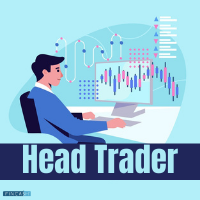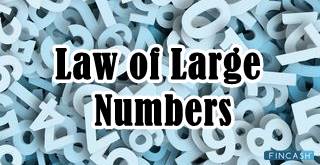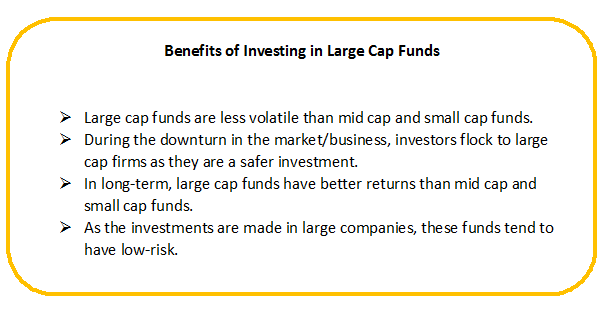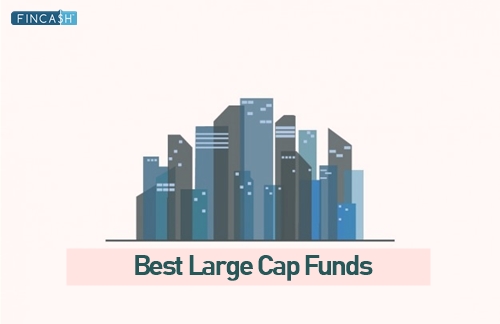
Large Trader
What is a Large Trader?
As the name implies, a large trader meaning can be defined as an individual or a company that purchases the shares that go beyond the maximum trading amount set forth by the SEC (Securities and Exchange Commission). According to the SEC, a large trader is an individual who owns equal to or more than two million shares on a calendar day. Also, the investor will be considered as the large trader if they spend an amount equal to or higher than $20 million in the National Market System in a month. The person who meets the criteria of the large trader has to send the Form 13H to the Securities and Exchange Commission.

Mostly, large traders are the experienced and professional investors that trade in large volumes. The common examples of large traders include Mutual Funds, banks, insurance providers, pension funds, financial institutions, and other such institutional investors that have the ability and resources to purchase a large volume of shares on the calendar day. Usually, these organizations purchase and sell stocks, Bonds, and popular investment instruments.
Large Trader Reports
The Securities and Exchange Commission uses large trade reporting to get a detailed list of the organizations and individuals that have been the active participants in the significant share market activity. These reports also help the SEC to determine the impact of these trading activities on the overall share market. Besides that, it streamlines the SEC inspection process.
According to the 2011 SEC regulations, all traders and market participants that buy and sell shares in large volumes are supposed to register themselves with the Securities and Exchange Commission by submitting the Form 13H. Based on these reports, the SEC analyzes the credibility of each participant, their trading volume and activity over the past few years, and its impact on the share market. Most importantly, each institution is given a Unique identification number.
Talk to our investment specialist
Broker-dealer Responsibilities
This identification number needs to be given to the brokerage firm through which the large traders participate in the share market. The brokerage firms are also responsible for monitoring the trading activities of the large traders and all the executed transactions. They need to track all kinds of share transactions that exceed the value established by the SEC. Once the broker has identified the large transactions, they are to report the details of the transaction to the NMS securities. Basically, the broker-dealer is supposed to send the information concerning the transaction that qualified for a large trade through the electronic blue sheets (EBS).
Each large trader is supposed to provide annual updates to the SEC. Other than that, the traders can also submit quarterly updates, especially if there is any major change in the information or organization’s trading profile. Those who plan on terminating the deal can send the termination report to the Securities and Exchange Commission in the next year’s filing. Note that the identification number is compulsory for each trader who makes a transaction that exceeds the limit set by the SEC.
All efforts have been made to ensure the information provided here is accurate. However, no guarantees are made regarding correctness of data. Please verify with scheme information document before making any investment.












